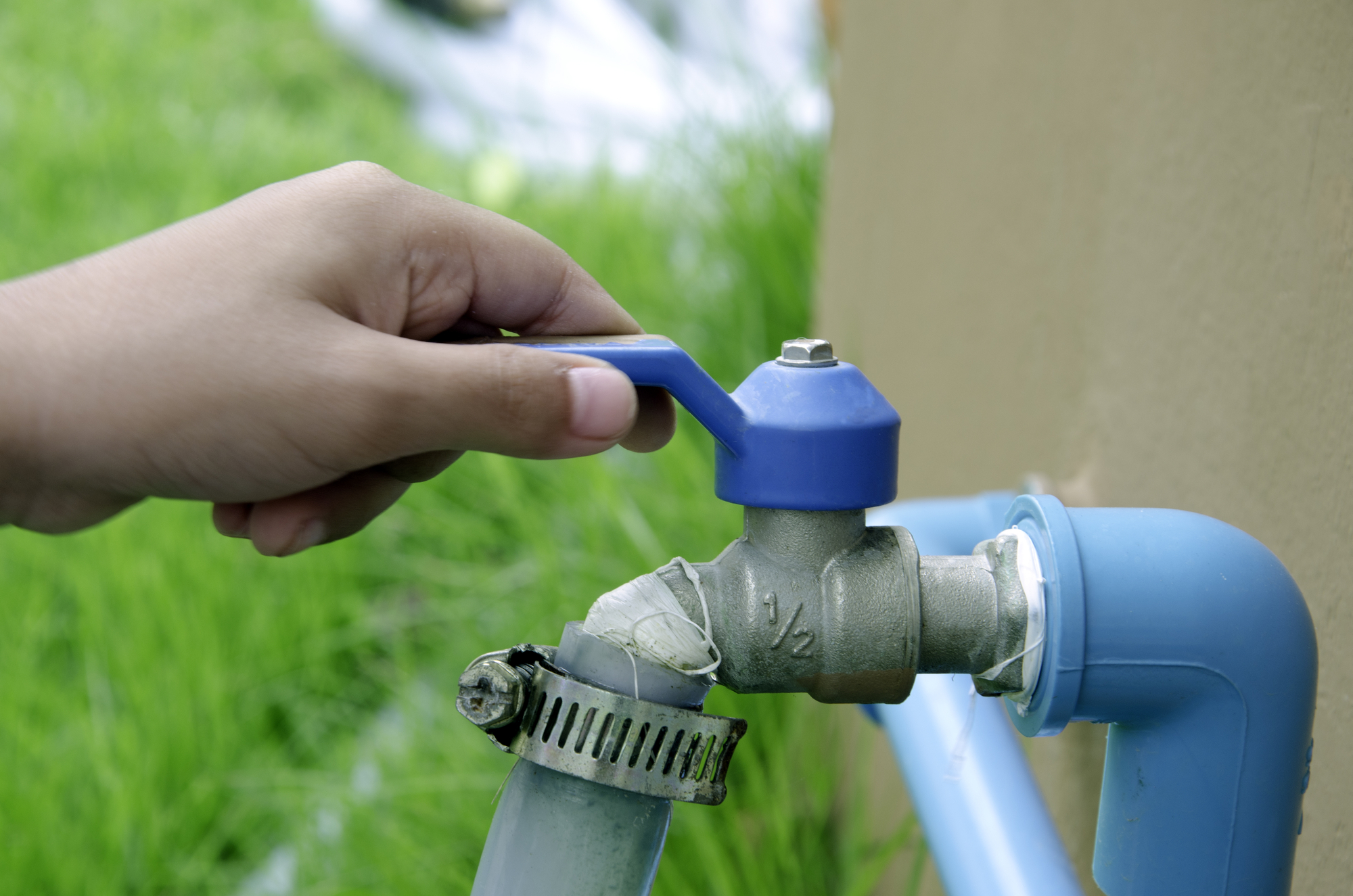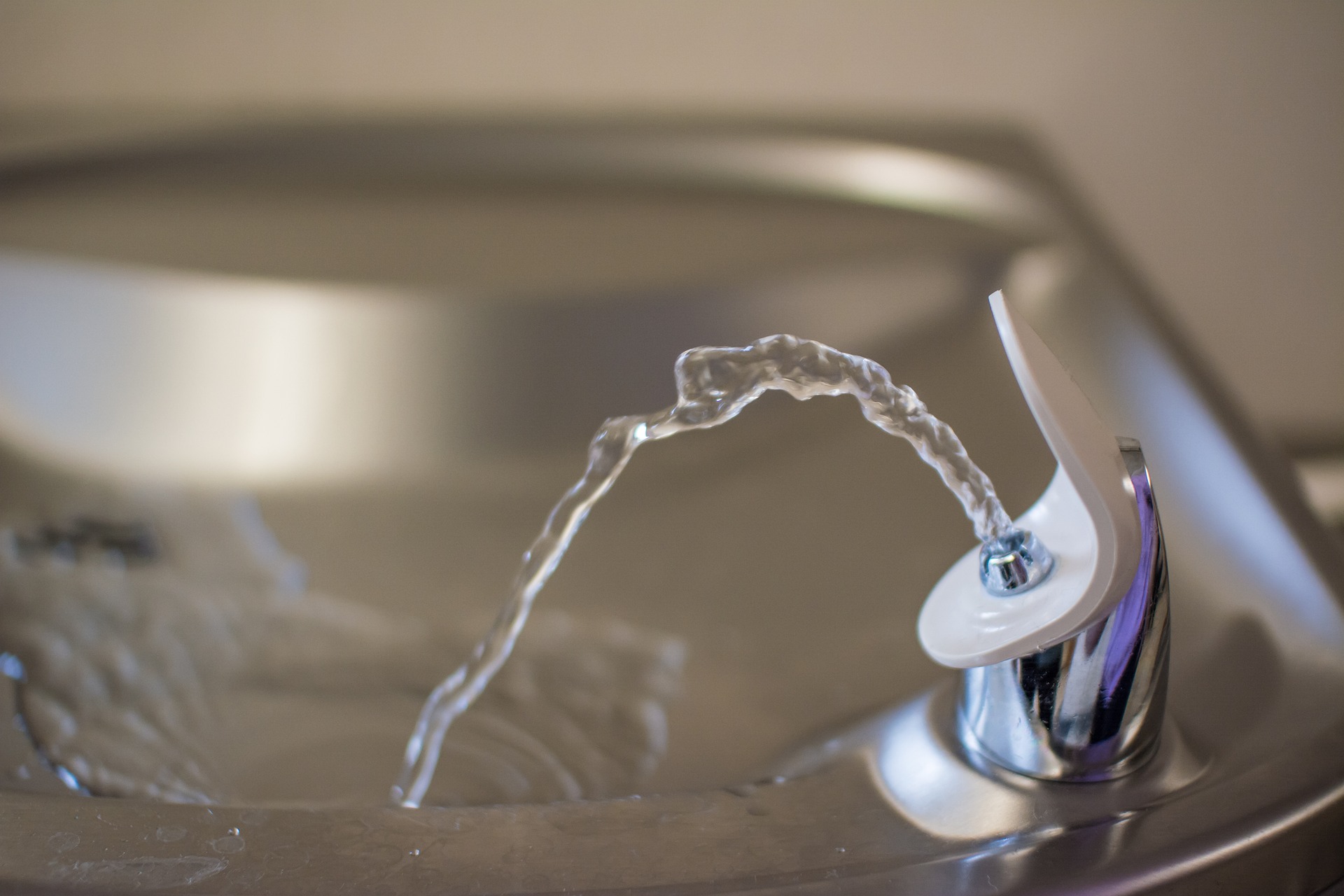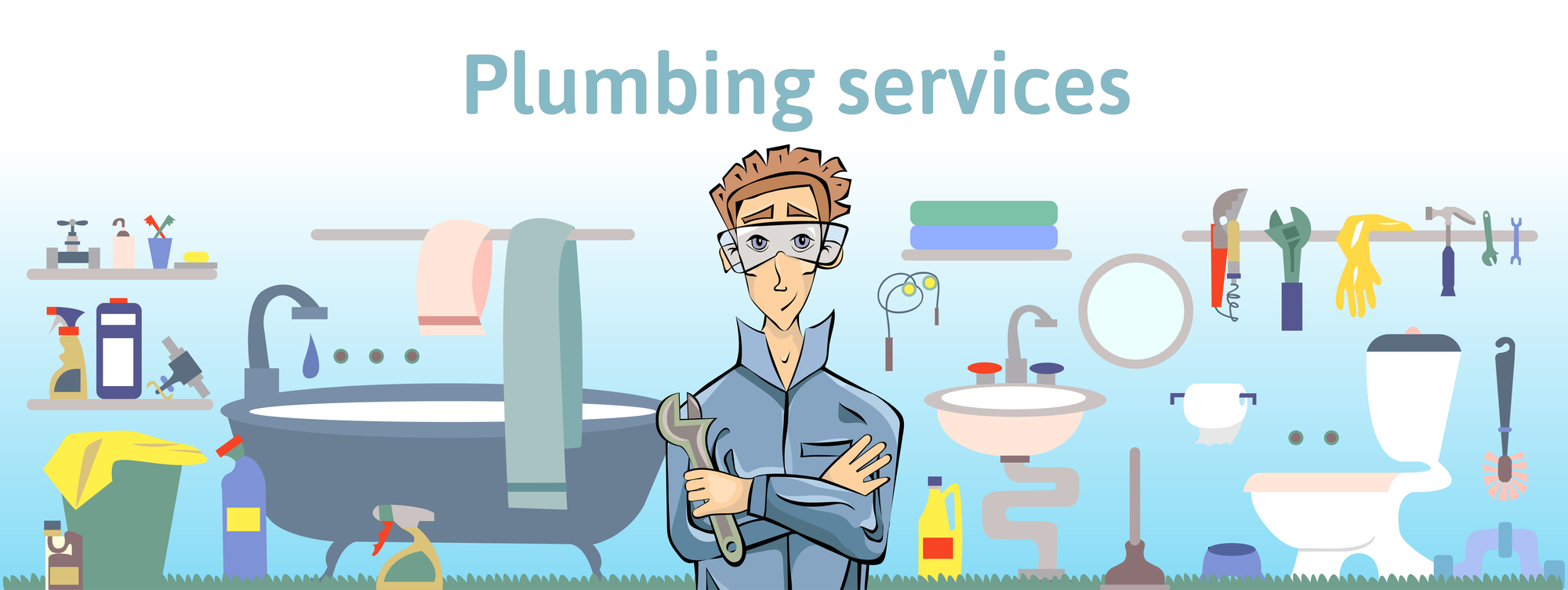Recently, the Scottish Gas Networks (SGN) announced that it had received regulatory approval to begin testing a unique technology that will allow it to convert existing natural gas pipelines to transport hydrogen instead. SGN is the first company in the world to receive such permission, and the groundbreaking move is being seen as a significant step towards creating a low-carbon energy infrastructure.
While the idea of using hydrogen as a fuel has been around for decades, it has gained new popularity in recent years due to increasing concerns about climate change. Unlike fossil fuels, which release greenhouse gases into the atmosphere when burned, hydrogen creates only water vapor as a byproduct. It is therefore considered a clean and environmentally friendly fuel source.
However, there are a number of challenges involved in transitioning to a hydrogen-based economy. One of the biggest issues has been the lack of infrastructure for transporting and storing hydrogen. Unlike natural gas, which can be transported relatively easily through pipelines and stored in underground reservoirs, hydrogen is more difficult to transport and store safely.

This is where SGN’s new technology comes in. By repurposing existing natural gas pipelines to transport hydrogen, SGN believes that it can create the infrastructure needed for a low-carbon energy economy at a fraction of the cost of building new pipelines. SGN has been granted permission to carry out tests on its new system in Falkirk, Scotland, and hopes that the technology will eventually be used to transport hydrogen across the UK.
So what does this mean for the plumbing services industry? In many ways, it could be a game changer. Plumbing professionals have long been at the forefront of energy efficiency, and the shift towards hydrogen-based energy systems is likely to create many new opportunities for plumbers and other tradespeople.
For example, as more and more households switch to hydrogen boilers and water heaters, plumbers will need to be trained to install and maintain these new systems. They will also need to be able to retrofit existing systems to use hydrogen, which may require changes to pipelines, valves, and other components.

In addition, the transition to hydrogen-based energy systems is likely to create a demand for new plumbing services that don’t exist yet. For example, hydrogen pipeline inspections and maintenance will require specialized equipment and training, and there will be a need for plumbing professionals who are skilled in working with hydrogen fuel cells and other new technologies.
Of course, all of this will require significant investment in training and education. Plumbers will need to keep up with the latest developments in hydrogen technology and be able to adapt quickly as new systems and technologies emerge. However, the potential rewards are significant. Not only will the shift to hydrogen-based energy systems help to reduce greenhouse gas emissions and combat climate change, but it is likely to create many new jobs in the plumbing services industry and other sectors.
Overall, the SGN test to repurpose pipelines to hydrogen is a positive development for the plumbing services industry and for the environment as a whole. While there are many challenges that still need to be overcome in transitioning to a low-carbon energy system, the success of projects like this gives us hope that a cleaner, more sustainable future is within reach. As always, plumbing professionals will be at the forefront of this transition, helping to create the infrastructure and systems needed for a safer, cleaner, and more sustainable world.






